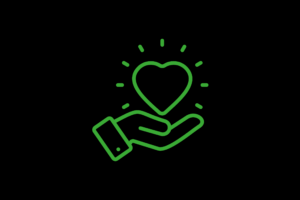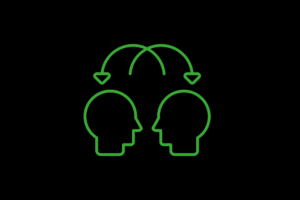Autism and Gender
Gender presentation is something personal to each individual, whether they are autistic or not. Interestingly though, a large study by the University of Cambridge found that autistic people are more likely to identify as non-binary, transgender or gender non-conforming than those who aren’t autistic. It is thought that this could be as much as 3 to 6 times more common. In fact, there’s a term Autigender that is now used to describe someone’s relationship with their gender, when it is influenced by being autistic,. There are many ideas around why this is the case for autistic people, but nobody knows for sure. It might not actually be any more common, as it could even just be that autistic people could be more likely to come out (openly declare their sexual or gender identity).
Whatever the case may be, the autistic community is full of amazing individuals of many genders and presentations.
Autism and Sexuality
Much like with gender identity, the autistic community is full of a wonderful spectrum of different sexualities. Recent surveys in the UK and abroad have shown that autistic people are less likely to identify as heterosexual (straight) compared to non-autistic people. Once again, the reason for this difference is unknown but it could just be that autistic people are more likely to come out.
Identifying your sexual and romantic preferences can be difficult for anyone but there is no rush. Attraction is a unique experience to each individual, and you can work it out in your own time.
Autism and Relationships
Autistic people can and do have long-term and fulfilling relationships with romantic partner/s, friends, and family throughout their lives. With any type of relationship there are some good signs and bad signs to watch out for:
Good signs
- You feel safe and comfortable with the person
- You are able to be honest with each other
- You listen to each other, even if you don’t always agree or share the same views
- You support each other on both good and bad days
- You respect each other’s boundaries and the need for time alone as well as together
Bad signs
- You are asked to do things that don’t feel safe or comfortable
- They regularly say things that upset you
- They intentionally hurt you
- They don’t respect your decisions or opinions when they differ to their own



